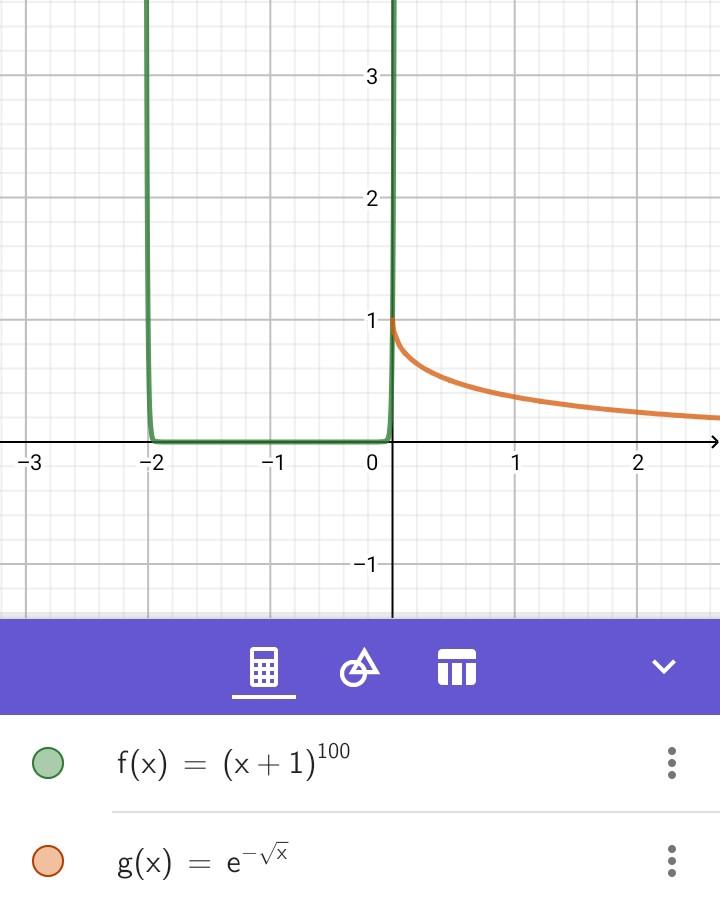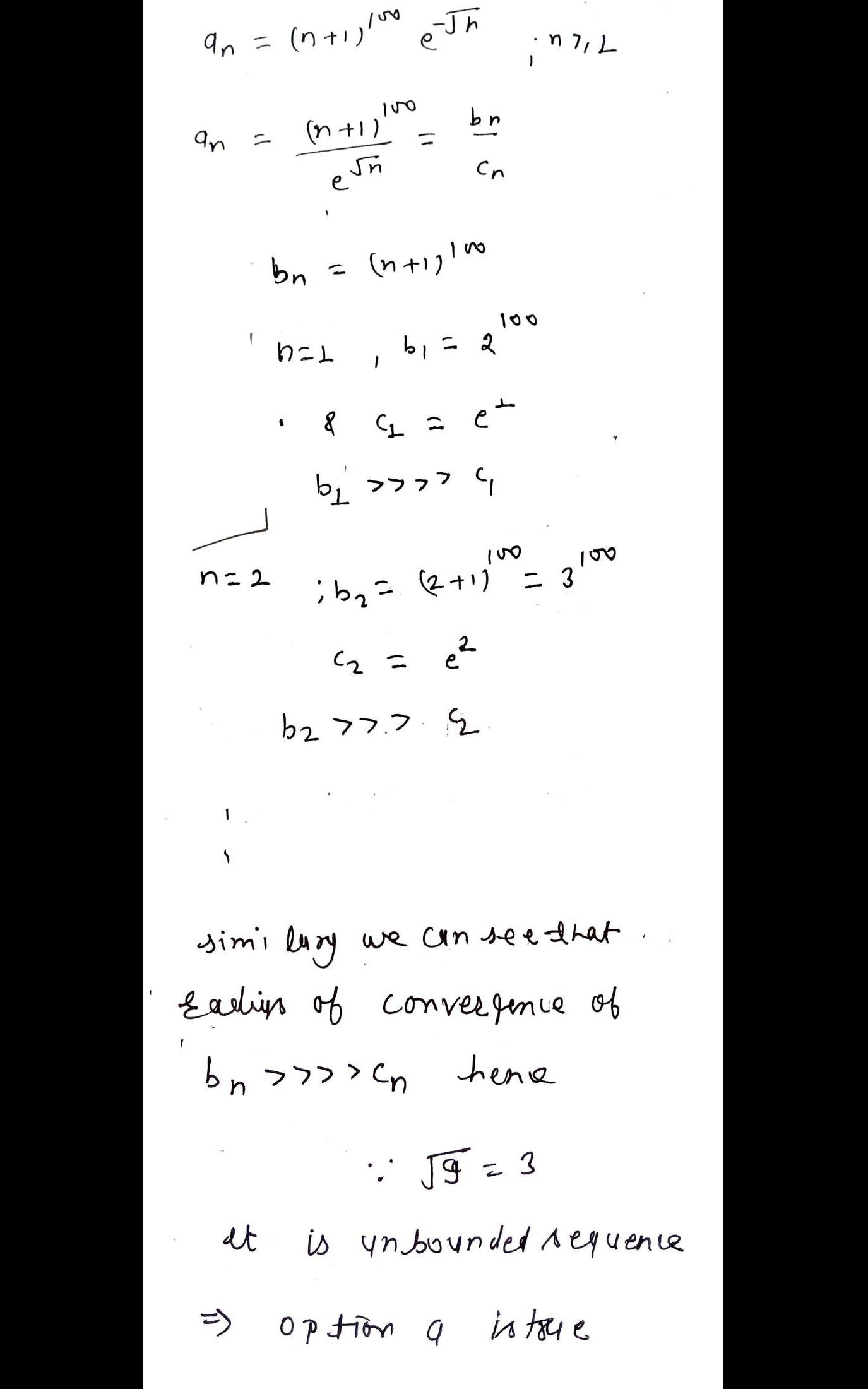Time management is very much important in IIT JAM. The eduncle test series for IIT JAM Mathematical Statistics helped me a lot in this portion. I am very thankful to the test series I bought from eduncle.
Nilanjan Bhowmick AIR 3, CSIR NET (Earth Science)L.sufiya Khanam posted an Question
- IIT JAM
- Mathematics (MA)
Let a, = (n + 1)e for n 2 1. then the sequence (a,), is (a) unbounded (c) bounded and converges to i 35. (b) bounded but does not converge (d) bounded and conv
Let a, = (n + 1)e for n 2 1. Then the sequence (a,), is (a) unbounded (c) bounded and converges to I 35. (b) bounded but does not converge (d) bounded and converges to 0
- 0 Likes
- 3 Comments
- 0 Shares
Do You Want Better RANK in Your Exam?
Start Your Preparations with Eduncle’s FREE Study Material
- Updated Syllabus, Paper Pattern & Full Exam Details
- Sample Theory of Most Important Topic
- Model Test Paper with Detailed Solutions
- Last 5 Years Question Papers & Answers
Sign Up to Download FREE Study Material Worth Rs. 500/-










 >
>










Deepak singh 1![best-answer]()
Refer attached solution option d is correct if any doubt then reply .
exponential grow faster than any polynomial so haw limit is zero sir?
wait .. let me give you a explanation
see , an is (infinity /infinity ) form , so use l hopital rule . Do it again and again , now since numerator is polynomial function of degree 100 it will vanished after doing about 100 times derivatives but in denominator , there is exponential function whose derivatives are always exponential , it will never vanished even after doing derivative infinite times . So liman = 0
feel free to ask again